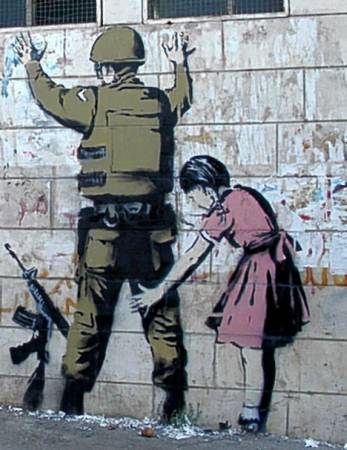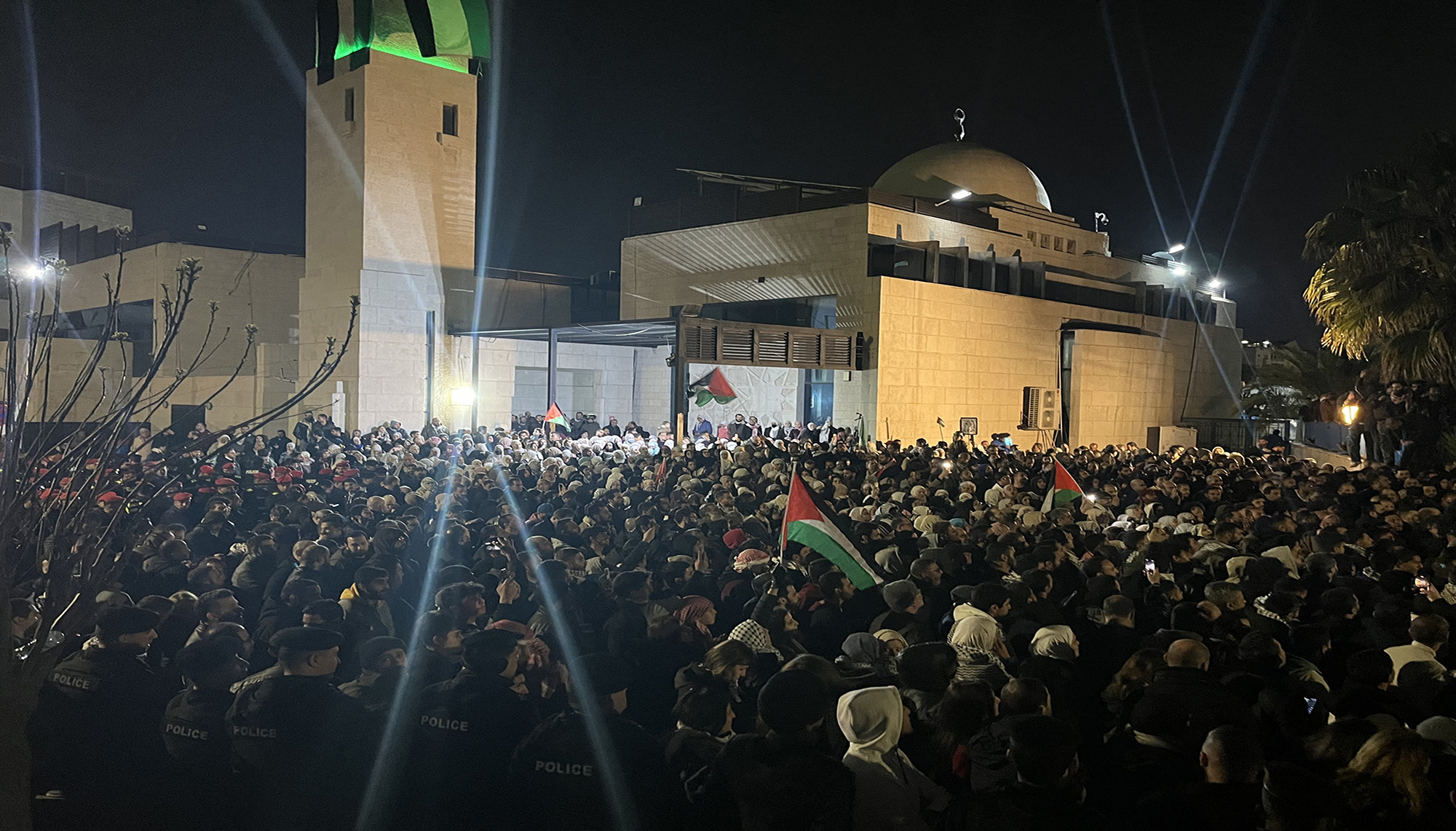
Written by Iraatus.
So, the quasi-confirmed the Parliamentary elections are to be held in the fourth quarter of this year (2010). Since the nomination date hasn’t been set yet, there is a chance for us, Jordanian Youth, to do something about the cycle of incompetence that has been: the parliament.
In countries around the world, the legislative branch is supposed to be the force that balances the influence of the executive. However, what we have seen in Jordan is that the parliament seems to always go along with limited opposition to what the government proposes in the name of national unity, to appease the royal family, and attack whoever tries to shed a light on their perpetual impotence.
Therefore, as we have seen in the growing effects of social media, the increased connectedness of Jordanians, and the apparent willingness for youth to do something to better their future, the opportunity is now to have a say in the upcoming elections and break the cycle of electing members of parliament according to tribal connections and based on name recognition. It’s not an easy thing to do. But, it is possible. Can we change minds in order to write a better future? -Not to sound overly cliché- Yes, we can!
Ensuring youth participating in Jordan’s upcoming parliamentary elections is a way to capitalize on the oft-cited statistical demographic of the Middle East: xy% is between 18 and 30 years of age. That number for Jordan is close to 30% of the population. (here for a more comprehensive break down of age groups). In a country of more than 6 Million, a 2MM is more than enough to force change, not just demand it.
My view of a start to that change is to crowd-source a data base of candidates to give potential voters a better a neutral and factual look at their pasts, experiences, and what their political agenda might be. This data base could allow for an opposing argument to be posted alongside the candidate’s agenda or all candidates in the same district be grouped together in one page.
The database would be a wiki-styled website where potential voters are able to find:
• highlight the role the parliament plays in keeping the balance of power by countering the influence of the executive branch
• candidates by district/governorate
• “know the candidate” section
• stats on voting demographics
• educate the voters on issues actively debated by candidates
• help the voters make an educated decision away from tribalism
• show the danger of vote buying
• show the historical progress of former parliamentarians
• list laws passed by the government as “temporary laws” in the absence of parliament
• list laws/bills up for debate and voting once parliament is in session
The list goes on for the aspects of electing a viable parliament that could be included in such a website. The goal all along must be to avoid the kind of disappointing group of members of the just dissolved parliament.










